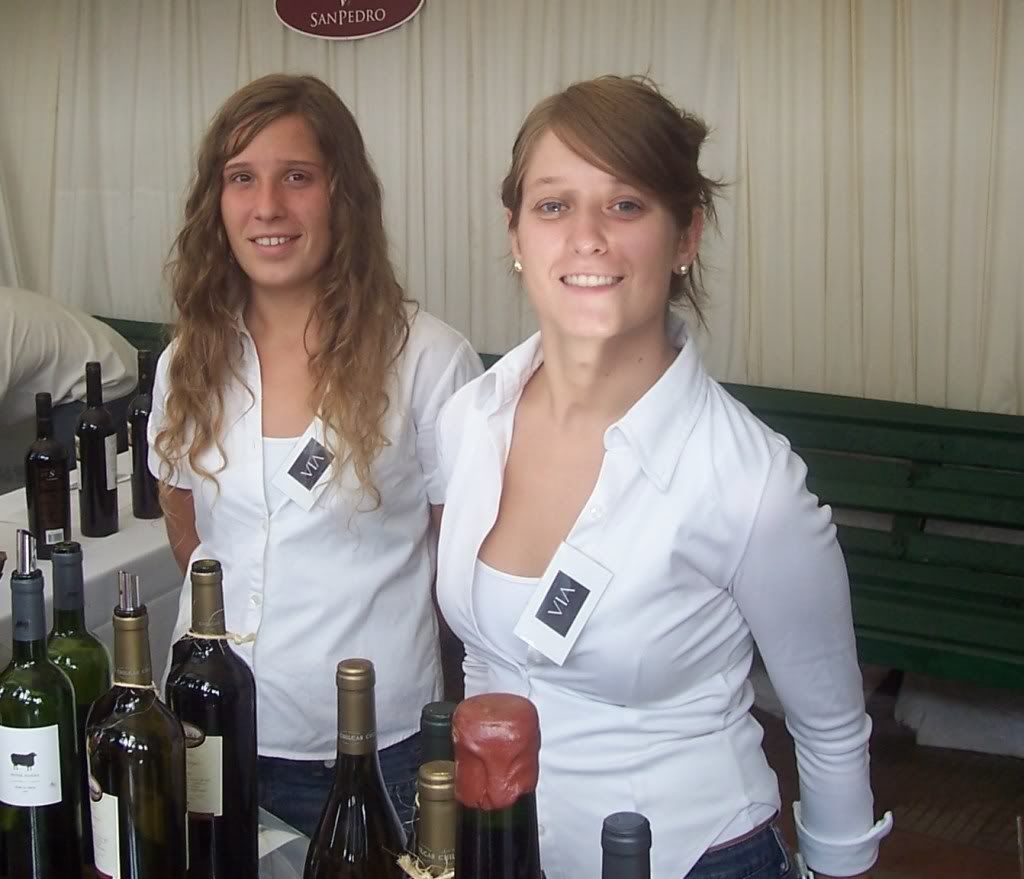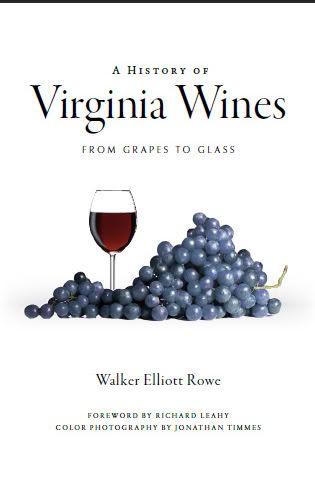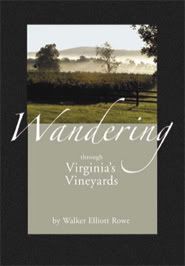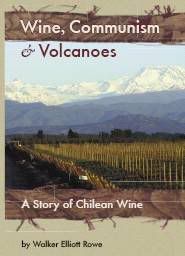Alan Zuschlag, owner of Touchstone Farm in Rappahannock County, doesn’t specifically target kabob-eating, halaal-consuming immigrant customers for his grass-fed lamb saying, “Most of my customers are yuppies from the D.C. metro area, double income sort of gourmet type people.” Urban yuppie is the sort of person Alan was himself before he rolled up his sleeves and turned his weekend retreat into a working sheep farm. He says before he got into farming sheep, “[All] I wanted was a nice lawn that I wouldn’t have to mow.” His initial “lawn” of 25 acres has blossomed into a 108 acre farm that he purchased in sections from his neighbors and carved from a tangle of brambles, vines, and assorted brush that he brush hogged back to civility, fenced, and then grazed.
Alan says, “I had 25 acres and this was going to be a weekend place. I had no intention to farm at all.” But Alan is not the sort of fellow to sit idly around gazing at this rolling pastoral vista of fields and forest. In addition to serving on the board of directors of a local environmental group he is brimming with ideas for how to grow his farm and local sustainable farming in general by creating cooperatives of farmers and getting others to raise sheep. His business is such that he has grown from a one man operation to having recently hired a farm manager Jeremy Christopher who is well-know to area farmers having formerly worked at the Rappahannock Farmers Cooperative.
Alan makes money from his sheep farm selling breeding stock to farmers from as far away as
Standing in a pasture with a farm cat tagging along and a wild turkey walking along the edge of the woods Alan explains how he has turned beaten down, overgrown old pastures into newly rehabilitated grassland. He explains that, ‘Orchard grass is our workhorse grass here.” In this particular field he disked the soil to rip out roots which had grown up in this formerly neglected pasture whose former owner had grown too old to care for it. He adds lime to correct the acidity of the soil and then drills in a custom mixture of orchard grass, perennial rye grass, and white clover. Alan says, “Overseeding is going to change the composition of the grass. It will help thicken the grass. “
The experts would say that Alan practices “grass-based rotational grazing”. Basically this means his sheep are fed nothing but grass and they are moved from one paddock to another so that the pastures are not overgrazed and the forage quality is kept at its highest level. Using a cleverly constructed system of permanent fences with a moveable electric fence cutting the pasture into sections he moves his sheep from one square to another where they, “Graze 4 days at a time and only 4 days. Then they get moved to the next paddock over. After 4 days you start to get regrowth and they go back to the regrowth. They don’t come back to where they grazed until another 30 days. And that’s the rule.”
You can see this as you stand on the gravel driveway above one of the pastures where the ewes (females) are fenced in a square area guarded by a loud and somewhat pushy donkey. The grass to their left is several inches taller that the grass in the paddock on the right. When they graze this down Alan moves them to the next paddock rotating the whole affair through the grazing season and winter until they end up next to the barn when they are ready for lambing (i.e. giving birth to the little ones).
To say that your farm animals are grass-fed and naturally raised is very much in vogue today with all this talk of local sustainable agriculture. Alan explains what this means while touting the merits of his lamb. He says, “It’s not organic because my hay field has been fertilized. They get nothing but good old
With a hint of irritation at the uninitiated who don’t understand he says his sheep are, “Not organic because they have been wormed. That automatically disqualifies them because they have been fed medicine.” Of the rigid organic standards that cause many farmers to not even consider the government-monitored program he says, “I think it’s inhumane. It doesn’t make any sense but that is how strict the organic people are. It’s one thing to pick bugs off vegetables it’s another to let you sheep get full of insects or worms.” With one effective sound byte he sums up saying, “Do you raise your kids organically?”
Always thinking of ways to grow and improve his business Alan says he is ready to give up on delivery lamb to his customers and have them come to him instead. He says, “There is an organic market in
Turning to chase after a skunk who is threatening his penned-up chickens Alan says, “I am an economist by training and I do I cost/benefit analyst of everything. And basically this farm is run in a way that input costs are as low as possible. We retail directly to the end customer. It is the only way you can make any money. The farm pays for itself. I have to prime the pump by buying additional land but any farm improvements come out of the farm checking account. So any new fencing that comes out of farm profits. The farm pays for everything.” It’s a model that appears to be working for this thriving little business.








1 comment:
Reading your blog makes me wish I still lived in Northern Virginia.
Post a Comment